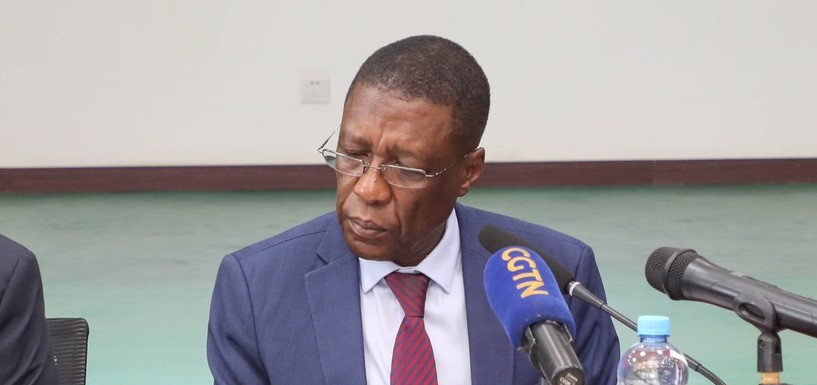A key peace monitoring body warned on Tuesday that South Sudan’s 2018 peace agreement is on the brink of collapse, threatened by escalating violence, political arrests, and a critical breakdown of trust between rival leaders.
The Reconstituted Joint Monitoring and Evaluation Commission (RJMEC), which oversees the peace process, issued the dire assessment at an emergency meeting in the capital, Juba. It was the body’s first meeting since February.
The group’s chairperson, Ambassador Major General (Ret.) George Aggrey Owinow, stated that a series of recent crises risked reversing years of fragile progress.
“If the current challenges are not urgently addressed, there is a high risk of reversal of all the gains already made,” Owinow told stakeholders. “This could lead to a collapse of the agreement altogether.”
Owinow pointed to a March 7 incident in Nasir County, Upper Nile State, that killed a senior South Sudan People’s Defence Forces general as a key trigger. In the aftermath, authorities arrested and charged several senior officials from the SPLM-IO party, including First Vice President Dr. Riek Machar, a key signatory to the 2018 peace agreement.
Owinow said these arrests have paralyzed crucial peace institutions. He noted that the ceasefire monitoring team in Malakal is now “largely dysfunctional.”
The political crisis has been compounded by “unilateral decisions, internal party disputes, and slow progress” on unifying rival armed forces into a single national army, he added. These factors have “eroded trust and undermined the political will” to move forward.
An RJMEC audit found the infighting has weakened the very power-sharing government the agreement was designed to create, Owinow said.
For his part, Cabinet Affairs Minister Martin Elia Lomuro acknowledged challenges but struck a more optimistic tone regarding planned elections in December 2026. He reported that pre-election activities are over 64% complete and that key institutions like the National Elections Commission are operational, though underfunded.
“We have made progress unlike before,” Lomuro said. “Once funding is provided, institutions can work around the clock to complete the remaining activities and prepare for elections.”
He also announced that Phase One of training for unified army forces is complete, with troops deployed, though the critical second phase for police and prisons remains stalled.
The international community, a key backer of the peace process, is watching the turmoil closely.
Chinese Ambassador to South Sudan Ma Qing reaffirmed Beijing’s support but urged all parties to “cease hostilities and resolve differences through dialogue.”
He emphasized that international support should respect South Sudan’s sovereignty, casting China as a “firm supporter, participant, and contributor” to the peace process.
Concluding the meeting, the RJMEC leader issued an urgent plea for action, calling on all parties to recommit to dialogue, release detainees, and fully restore the peace agreement’s implementation.
“We must look for solutions, not engage in blame games,” he said. “The responsibility to safeguard peace lies with the government, the parties, and all peace partners. Time is running out.”




